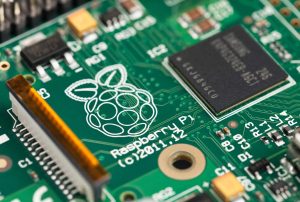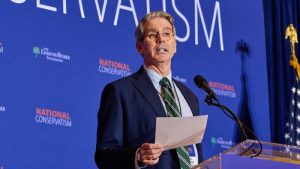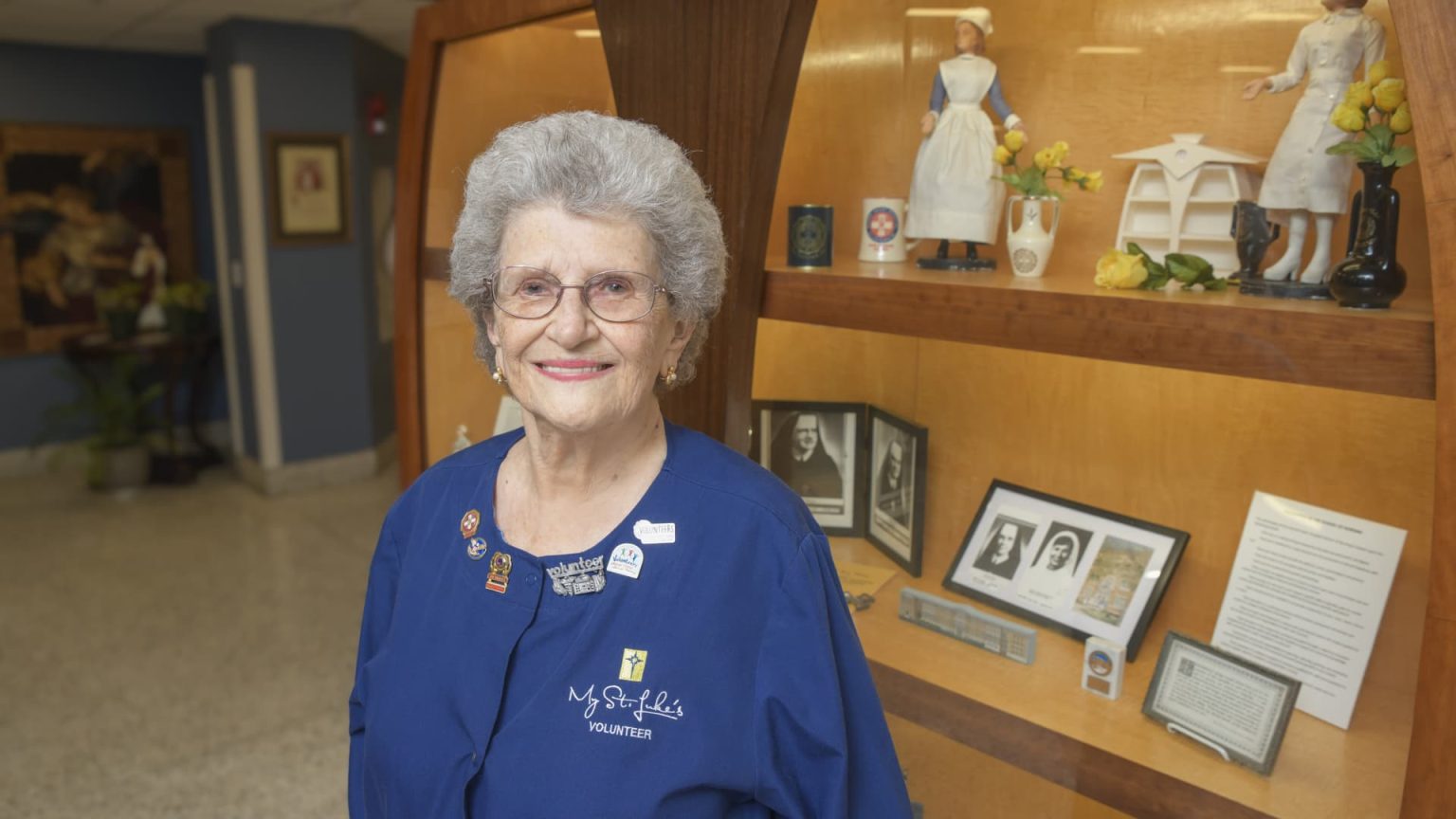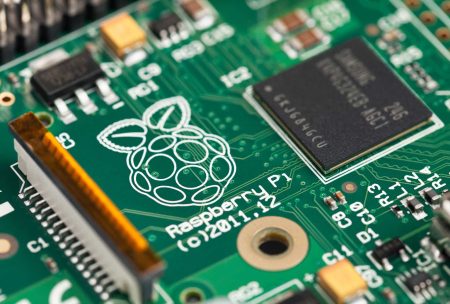Grace Carr has been studying, working or volunteering at the same hospital for almost as long as she’s been alive — and at 97 years old, she doesn’t plan on stopping anytime soon.
Carr started training to become a nurse at Sacred Heart Hospital (now known as St. Luke’s Sacred Heart Campus) in Allentown, Pennsylvania during World War II in 1944. She was just 17 years old.
“As long as I can remember, I wanted to be a nurse and work in a hospital,” says Carr, who as a child spent hours playing “doctor” with her brother and wrapping her dolls in bandages.
For the past eight decades, Carr has been an almost constant presence at “The Heart,” as the hospital is affectionately called by staff.
Carr left her nursing job at the hospital in 1989 and spent the next three years working at a hospital-affiliated doctor’s office, retiring when she was 65. She started volunteering at the hospital in 1993 after her husband, Edward Carr, died.
She has volunteered for more than 6,000 hours so far, coming in every Wednesday to offer patients water, cheer them up with flowers, take them to tests and procedures and bring specimens to the hospital’s lab.
“We call her Amazing Grace,” says Beth Fogel, the hospital’s volunteer engagement specialist, who has known Carr for 20 years. “From the time she shows up in the morning until she leaves in the afternoon, she’s like an Energizer Bunny, always eager to help and so much fun to be around.”
Carr says she always planned to volunteer at the hospital as a retiree. “I couldn’t imagine my life without it,” she says. “I love the people there, and my health is good, so I’m happy to help however I can.”
Seeing ‘the best and worst life has to offer’ on the job
Carr grew up in Freeland, Pennsylvania, a small coal town about 50 miles from the hospital. She left Freeland after finishing high school to train at the Sacred Heart School of Nursing, living in a dorm with other student nurses on the hospital’s campus.
While she was studying, Carr served as a cadet nurse. The government subsidized her nursing school tuition as part of the U.S. Cadet Nurse Corps, a program that aimed to prevent nursing shortages during the war.
She was paid $15/month during her first year, $20/month the second year, and $30/month in her final year.
Carr started her career at Sacred Heart as a cadet nurse. The government subsidized her nursing school tuition as part of the U.S. Cadet Nurse Corps, a program that aimed to prevent nursing shortages during the war.
Photo: Grace Carr
In 1947, Carr graduated from the Sacred Heart School of Nursing and married Edward, her high school sweetheart who had recently returned home from serving in the military during World War II.
She was then hired to work the night shift from 11 p.m. to 7 a.m. on the medical-surgical floors at Sacred Heart, which she did for nearly 20 years while raising four daughters and a son.
“I look back on it now and I don’t know how I did it. I got very little sleep,” she says. “But I couldn’t imagine doing anything else. I loved helping people and felt grateful to be doing something I loved.”
Burnout is high in the nursing profession, and Carr acknowledges that she has experienced fleeting waves of stress and exhaustion throughout her career.
“When you work in a hospital, you see both the best and worst life has to offer,” she says. “It was really, really tough watching someone suffer or die from a medical ailment and knowing we couldn’t do more to help them.”
But Carr says the more joyous occasions — such as the birth of a baby or a surgery going well — along with the meaningful relationships she built helped her persevere through the challenges.
All five of Carr’s children, and nearly all of her 12 grandchildren, were born at Sacred Heart.
Her son-in-law, Vincent Burns, was also born at the hospital — Carr met him hours afterward in the newborn nursery. “That little boy later married my oldest daughter, Janet, and now he’s in his 70s,” she says.
Carr’s daughter, Grace Loring, says her mother inspired her to become a nurse.
Photo: St. Luke’s University Health Network
Moments like that have inspired her to continue working at Sacred Heart. “It has given me a greater sense of purpose in life,” she says.
Carr’s passion is infectious: Her daughter, Grace Loring, worked in the pediatric ward at St. Luke’s Sacred Heart Campus for 35 years before retiring.
“At first, I wanted to be a teacher when I grew up, but watching my mom’s dedication to and passion for nursing inspired me to go into healthcare,” Loring says.
She picks Carr up at her house in Allentown every Wednesday for her volunteer shift and drives her to and from the hospital.
Her best advice for a long, happy career
The secret to finding a job you love is “quite simple,” according to Carr: Work with people you like.
At Sacred Heart, Carr has formed close friendships with many of her coworkers, including some of the nurses she started her career with. “We still get together at each other’s house for coffee or dinner and catch up,” she says.
Carrs’ career advice is supported by an 85-year study from Harvard researchers, which found that positive relationships are what keep people happy throughout their lives.
This applies to our jobs, too: The study found that the unhappiest jobs tend to be the loneliest and involve more independent work than interpersonal relationships.
“Positive relationships at work lead to lower stress levels, healthier workers and fewer days when we come home upset,” two of the researchers, Robert Waldinger and Marc Schulz, write in their book “The Good Life.”
When Carr isn’t volunteering, she enjoys reading, gardening, visiting with family and watching “Law & Order.”
But in the past three decades, her favorite pastime hasn’t changed: delivering fresh flowers to patients and catching up with her friends who work at the hospital.
“For me,” Carr says, “nursing isn’t a job, it’s a calling.”
Want to master your money this fall? Sign up for CNBC’s new online course. We’ll teach you practical strategies to hack your budget, reduce your debt, and grow your wealth. Start today to feel more confident and successful. Use code EARLYBIRD for an introductory discount of 30% off, now extended through September 30, 2024, for the back-to-school season.
Plus, sign up for CNBC Make It’s newsletter to get tips and tricks for success at work, with money and in life.
Read the full article here













